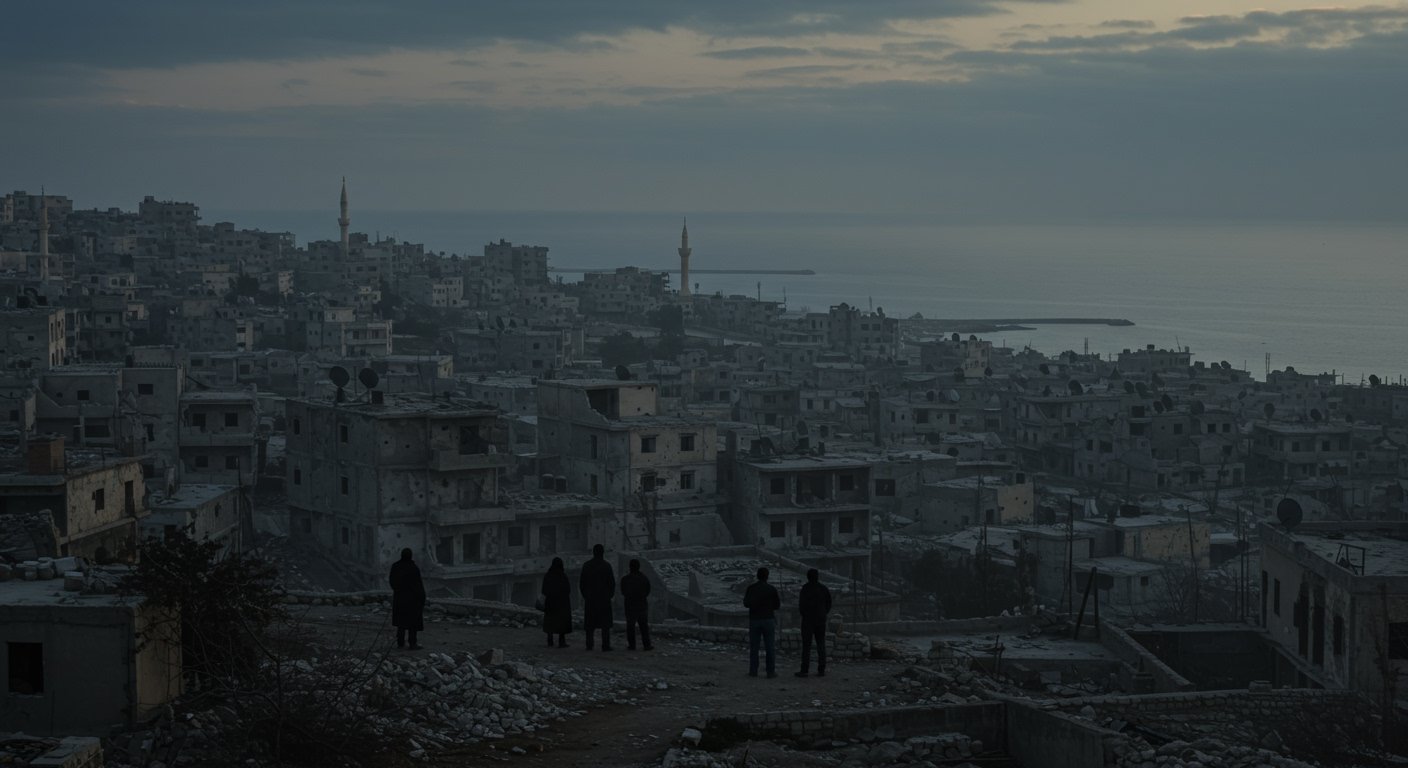Tensions between nuclear-armed neighbors India and Pakistan have dramatically escalated following an extraordinary claim by a senior Pakistani official regarding potential imminent military action by India.
Attaullah Tarar, Pakistan’s Information Minister, asserted on April 30, 2025, that Pakistan possesses credible intelligence suggesting India is planning a military strike against Pakistan within the next 24 to 36 hours.
Rising Tensions: The Latest Claims
Minister Tarar’s public announcement marks a significant intensification of rhetoric between the two South Asian rivals. The claim of receiving specific intelligence regarding the timing of a potential Indian military operation has heightened anxieties in a region already prone to volatility.
The Pakistani minister did not elaborate on the source or nature of the alleged intelligence, but the specificity of the timeline – a window of 24 to 36 hours – suggests a perceived immediate threat based on their assessment.
The Trigger: Pahalgam Terror Attack
This latest flashpoint appears directly linked to the brutal terror attack that occurred on April 22, 2025, in Pahalgam, a popular tourist destination in the Indian state of Jammu and Kashmir. That attack resulted in the tragic deaths of 26 tourists.
Indian authorities have publicly attributed responsibility for the Pahalgam attack to individuals they identify as Pakistani nationals. New Delhi has often held elements within Pakistan accountable for militant activities targeting India, a charge Islamabad consistently denies.
Pakistan’s Response and Warnings
In response to the Pahalgam accusations and the alleged intelligence of an impending strike, Pakistan has vehemently denied any involvement in the April 22nd attack. Islamabad maintains its stance that it does not support or facilitate cross-border terrorism.
Furthermore, Pakistan has issued a stern warning regarding the potential consequences of any military action by India. Pakistan’s official stance conveyed through Minister Tarar includes a clear declaration that should India proceed with a military strike, it would face “catastrophic consequences.”
This warning underscores the perilous nature of the current situation, given both nations possess nuclear weapons and have a history of military confrontations over territorial and political disputes, most notably over the disputed region of Kashmir.
A Snapshot of Other Global Events on April 30, 2025
Against the backdrop of these escalating regional tensions, other significant global events unfolded on April 30, 2025:
The Indian subcontinent continued to grapple with an extreme heatwave. Cities across the region have recorded exceptionally high temperatures in recent weeks, including a peak of 46.4°C recorded in Barmer, Rajasthan, on April 8.
In North American politics, Canada saw a significant development with the election of Mark Carney and the Liberal Party, who are set to form the government. The incoming Canadian government faces pressing economic challenges, notably including a trade war initiated by tariffs imposed by U.S. President Donald Trump.
Meanwhile, global financial markets noted a slight dip in gold prices. This movement was influenced by a strengthening U.S. dollar and a wave of profit booking by investors, occurring despite the release of what was described as disappointing economic data from the United States.
Separately, on the global sporting stage, India was scheduled to compete against Indonesia in a Sudirman Cup badminton match, highlighting the diverse array of events occurring worldwide on this particular day.
Outlook: Uncertainty and Potential Implications
The immediate future of India-Pakistan relations appears fraught with uncertainty. Pakistan’s public warning about an alleged imminent Indian strike, coupled with its own threat of “catastrophic consequences,” raises concerns about the potential for miscalculation and unintended escalation.
The international community will likely watch closely for any further developments or confirmation of the claims made by Pakistan’s Information Minister. The situation remains highly fluid, underscoring the persistent fragility of peace between the two South Asian rivals.










